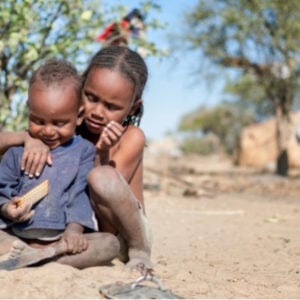The World Health Organization (WHO) has officially certified Timor-Leste as malaria-free, marking a significant public health milestone for the nation. This recognition places Timor-Leste among 47 countries and one territory globally that have achieved malaria-free status. It is also the third country in the WHO South-East Asia Region to receive this certification, following the Maldives and Sri Lanka.
WHO grants malaria-free certification when a country demonstrates that it has successfully interrupted indigenous transmission of malaria nationwide for at least three consecutive years. Timor-Leste achieved this milestone after reducing malaria cases from a high of over 223,000 in 2006 to zero indigenous cases since 2021.
The country’s progress began soon after its independence in 2002, with the establishment of the National Malaria Programme in 2003 by the Ministry of Health. Despite limited initial resources, the program laid a strong foundation through technical leadership, planning, and attention to operational detail.
Timor-Leste implemented several critical interventions, including the adoption of rapid diagnostic tests and artemisinin-based combination therapy in national treatment guidelines. The government also distributed long-lasting insecticide-treated nets to high-risk communities and launched indoor residual spraying programs.
By 2009, with support from the Global Fund to Fight AIDS, Tuberculosis and Malaria, the country expanded its malaria prevention and diagnostic efforts. Health posts across the nation began using microscopy and rapid diagnostic tests to improve case detection and treatment access.
Addressing healthcare workforce shortages, Timor-Leste developed a three-tier health system comprising national hospitals, reference hospitals, community health centers, and health posts. This structure ensured that most citizens could reach healthcare facilities within an hour’s walk. Free health services at the point of care, mobile clinics, and outreach programs further strengthened healthcare delivery, especially in rural areas.
The elimination of malaria in Timor-Leste was achieved through strong national leadership and effective collaboration among the Ministry of Health, WHO, communities, NGOs, donors, and other government sectors. A real-time, integrated surveillance system enabled timely data collection and response, while trained personnel ensured accurate screening, including at border points.
These combined efforts have culminated in the successful elimination of malaria, positioning Timor-Leste as a global example of effective disease control and public health achievement.






